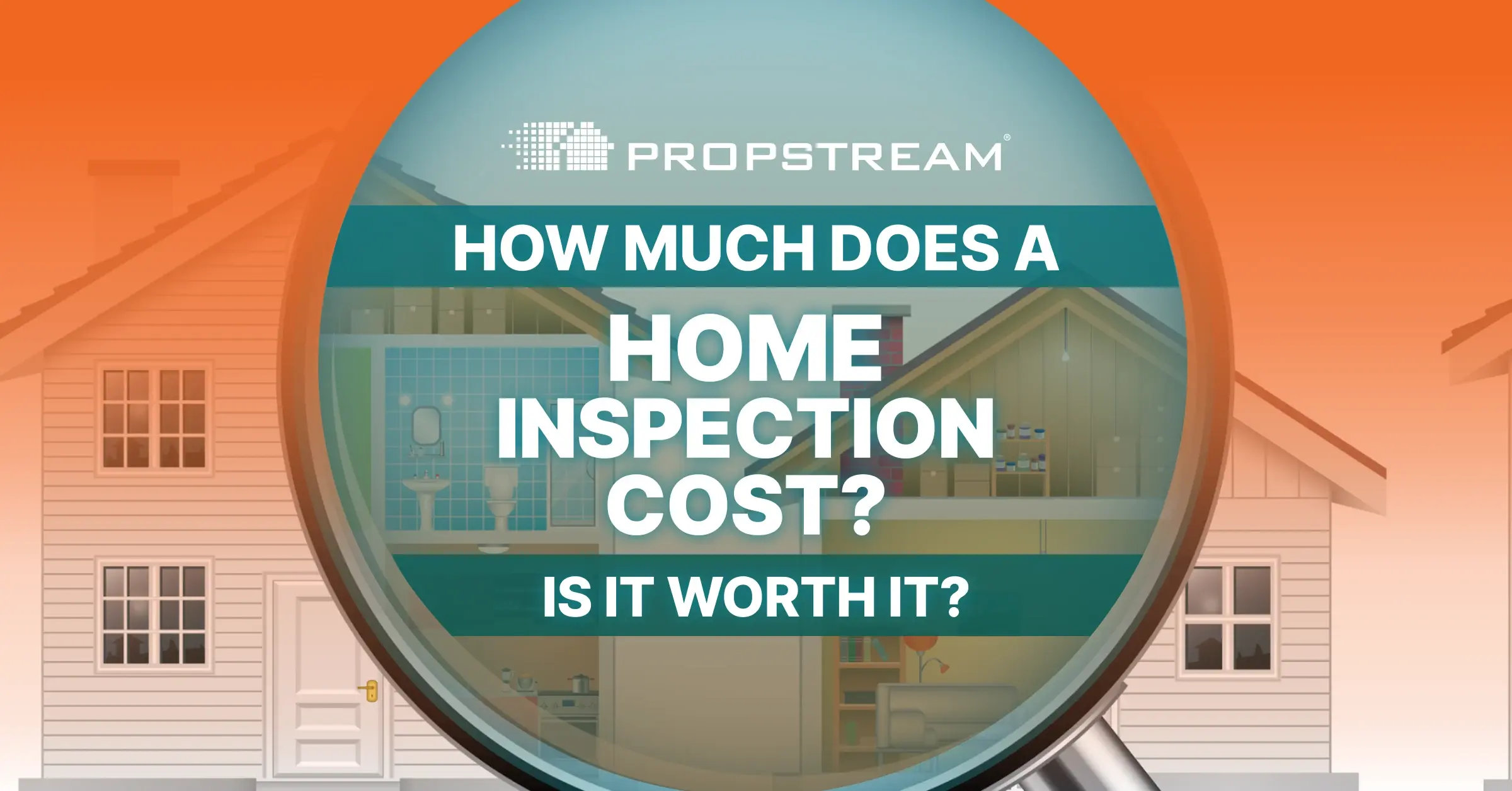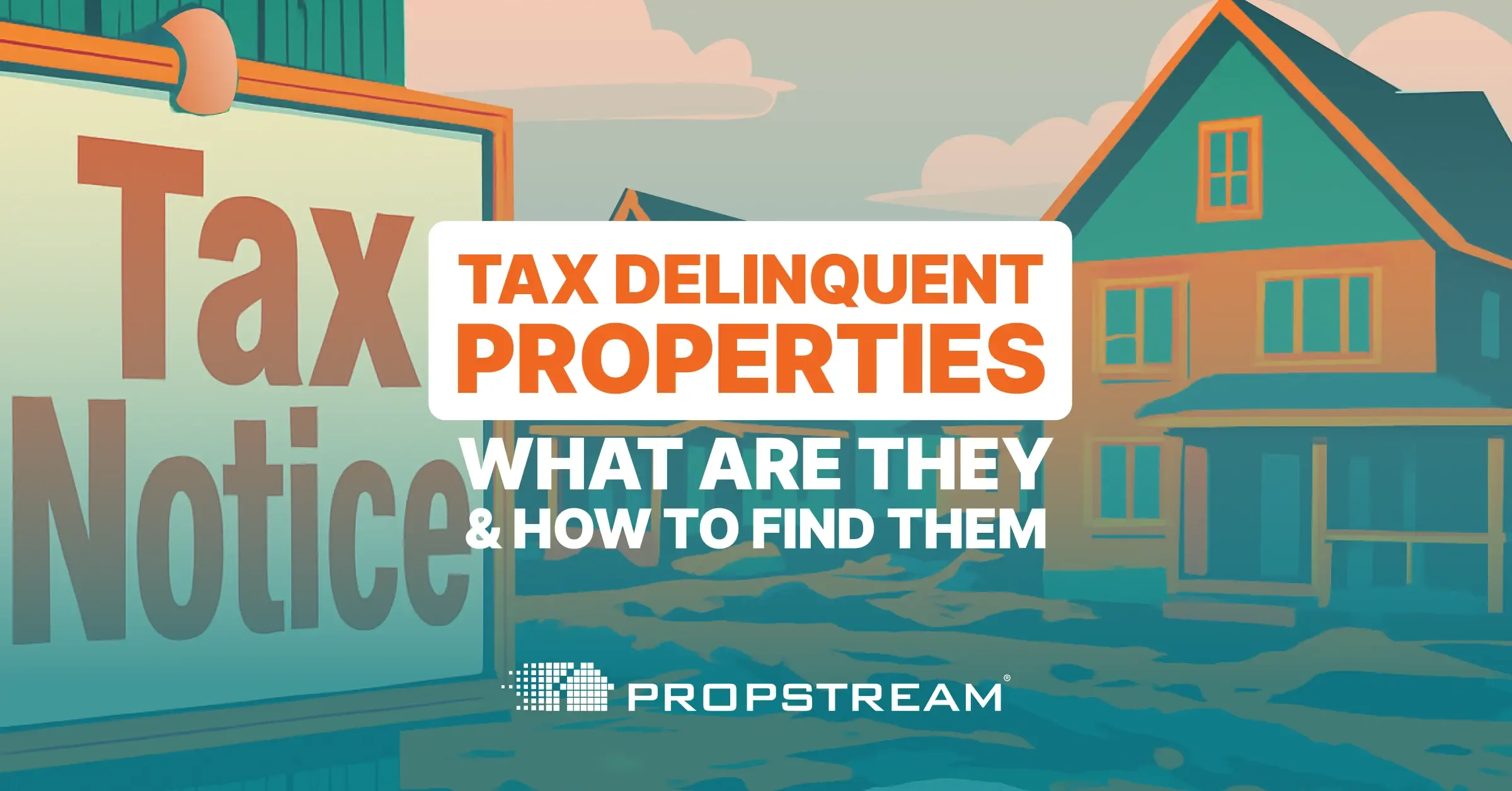Disclaimer: PropStream doesn't offer legal advice; this article is for educational purposes only. Before attempting to invest in a particular city, we recommend doing your due diligence and consulting with legal professionals as needed.
|
Key Takeaways:
|
In real estate, zoning laws can make or break the viability of an investment. So it pays to understand them well, especially if they are relatively strict for the region you plan on working in.
For instance, it takes an average of 3.4 months for a U.S. developer to submit a building project and receive a decision from local authorities. However, in more highly regulated parts of the country, the average wait time is 8.4 months.
Read on to learn the zoning laws of the five most-regulated U.S. cities to better understand what you’re up against in these markets.
Table of Contents |
1. San Francisco, CA
.png?width=1252&height=834&name=screenshot%20avm%202%20(30).png)
Known for its tech hub and beautiful coast, San Francisco is also infamous for its strict zoning laws and lengthy permit processes.
ADU Regulations
San Francisco has a local, state, and hybrid program for ADUs. Depending on the program, a single-family zoned lot may be allowed up to one detached ADU and another attached, conversion, or junior ADU.
However, the city doesn’t permit the use or sale of ADUs as short-term rentals (with certain exceptions).
Short-Term Rental Regulations
To list a short-term rental (for stays of less than 30 days) in San Francisco, you must be a permanent resident of the unit you wish to rent (defined as living there at least 275 nights in a calendar year). Additionally, you must be registered with the city as a business and pay a $925 application fee.
Building Permit Regulations
While some construction and renovation projects in San Francisco don’t require a building permit, most do. Obtaining one involves checking your property’s environmental protections, historic status, earthquake safety rules, water use rules, neighborhood development process, and more.
Environmental Regulations
If your construction project includes a new building, horizontal additions that increase the footprint over 50% of the existing square footage, slope fills, gradings, special foundations, or some other drainage or soil work, the city may require you to get a costly report from a geotechnical engineer.
2. New York City, NY
.png?width=1252&height=834&name=screenshot%20avm%202%20(31).png)
New York City, the bustling metropolis that never sleeps, has a complex web of zoning regulations that can challenge even the most seasoned real estate investors.
ADU Regulations
Adding an ADU to a property in New York City (NYC) requires submitting plans to the city’s Department of Building (DOB) and applying for a new Certificate of Occupancy. However, according to the DOB secretary, existing zoning regulations in the city’s five boroughs vary and can make it difficult to get an ADU plan approved.
Short-Term Rental Regulations
NYC short-term rental hosts must stay in the same unit or apartment as guests, have no more than two guests at a time, ensure every guest has access to all parts of the dwelling unit and each exit, and comply with other laws relating to ADUs (e.g., no sleeping in attics, cellars, or garages).
Furthermore, short-term rentals are prohibited for units that are part of New York City Housing Authority (NYCHA), rent-controlled, rent-stabilized, or single-room occupancy properties.
Building Permit Regulations
Most NYC construction projects require one of three types of building permits. To obtain one, owners must have a licensed professional engineer file construction plans with the city’s DOB. Furthermore, even work that doesn’t require a permit (such as painting, plumbing fixture replacement, or non-structural roof repair) requires hiring a contractor licensed through the Department of Consumer Affairs (DCA).
Environmental Regulations
While many building permits are not subject to NYC’s environmental review process, rezoning or variance applications, dispositions of funding, or issuance of discretionary permits are. These reviews are required by the State Environmental Quality Review Act.
3. Providence, RI
.webp?width=730&height=486&name=providence%20(1).webp)
The charming capital of Rhode Island, Providence combines historic New England architecture with some of the state’s most stringent zoning laws.
ADU Regulations
A new Rhode Island state law lets residents add an ADU to owner-occupied properties. However, the law bans ADUs from being used as short-term rentals. Furthermore, ADUs are only authorized if the homeowner lives in the building, the unit is for a disabled relative, it’s within the existing footprint, or the lot is greater than 20,000 square feet. It must also meet building codes, size limits, and infrastructure requirements.
Short-Term Rental Regulations
In some housing zones in Providence, owner-occupied properties can be used as short-term rentals. Other zones allow short-term rentals for any residential properties, provided the owner obtains a temporary use permit that must be renewed annually.
4. Seattle, WA
.png?width=1252&height=834&name=screenshot%20avm%202%20(33).png)
Renowned for its tech industry and beautiful landscapes, Seattle enforces rigorous zoning rules to manage its rapid growth and preserve its environment.
ADU Regulations
ADUs are allowed in Seattle’s residential and lowrise zones and, in some cases, in neighborhood or commercial zones. Depending on the zone, up to two ADUs are allowed per lot. However, the second one must meet green building standards or be an affordable unit reserved for income-eligible households. Furthermore, ADUs must be no larger than 1,000 square feet (or 650 square feet in a lowrise zone).
Short-Term Rental Regulations
Seattle allows short-term rentals for many residential units. However, if it is not in the home you live in, you must register it with the city’s Rental Registration and Inspection Ordinance program (RRIO). Furthermore, you must have a business license tax certificate, pay extra revenue taxes, and meet parking, noise, housing, building maintenance, or any other code requirements for your property.
Building Permit Regulations
Most construction and renovation projects in Seattle require a permit. These include additions or alterations, new buildings, electrical work, grading, tree removal, and more.
Environmental Regulations
Seattle protects and regulates Environmentally Critical Areas (ECA). These include geologic hazard areas, flood-prone areas, wetlands, fish and wildlife habitat conservation areas, and abandoned landfills. Owners with an ECA on their property must comply with the relevant rules.
5. Los Angeles, CA
.png?width=1252&height=834&name=screenshot%20avm%202%20(34).png)
Los Angeles, the entertainment capital of the world, has intricate zoning laws that impact its diverse and densely populated neighborhoods.
ADU Regulations
Los Angeles allows ADUs in any residential zone where there is a proposed or existing dwelling unit on the lot. However, they must comply with all applicable zoning, building, and residential codes. Furthermore, any newly constructed, detached ADUs must have solar panels.
Short-Term Rental Regulations
To have a short-term rental in Los Angeles, you must live at the property and register with the city. Short-term rental application fees are $199. For those who wish to rent out all or a portion of their home for more than 120 days in a calendar year, the application fee is $1066. Other regulations include not hosting more than one set of guests at a time, no late-night outdoor parties, and a $3.10 per-night fee for each night hosted.
Building Permit Regulations
Los Angeles requires a building permit for most construction and renovation projects. These include new buildings, additions, tenant improvements, ADU conversions, decks, patios, retaining walls, and electrical, mechanical, plumbing, and grading work. Furthermore, most projects require hiring a licensed contractor.
Environmental Regulations
Housing in Los Angeles is regulated by the California Environmental Quality Act (CEQA), which requires environmental assessments and approvals for many building projects. The law protects the city and its residents against impacts from air quality, greenhouse gas emissions, noise, transportation, and more.
Try PropStream for 7 Days Free
Use PropStream's advanced search filters to find investing leads in any region of your choice.
Activate your 7-day free trial and enjoy 50 complimentary leads!
Frequently Asked Questions (FAQs)
What are zoning laws, and why are they important to real estate investors?
Zoning laws dictate how land can be used in different parts of the city. They are crucial for investors to understand because they impact what types of properties are allowed, affecting project feasibility and profitability.
How can I learn the specific zoning laws for a property I’m interested in?
Check the city government’s planning or zoning department website or contact local zoning officials. Most big cities publish their zoning regulations online. You can also narrow your search with PropStream by filtering your investment leads by market.
Can zoning regulations change?
Yes, city governments can change local zoning codes and permits. This could impact real estate investments by altering what is permissible on a property, potentially decreasing its value. To mitigate this risk, research the city’s future development plans.
Note on sources:
- City zoning regulation rankings and national project approval statistics taken from MarketWatch.
Subscribe to PropStream's Newsletter



